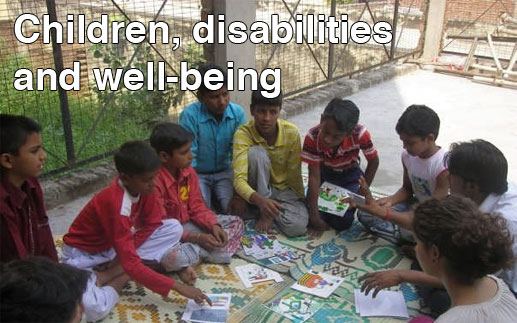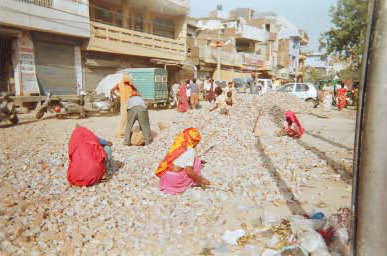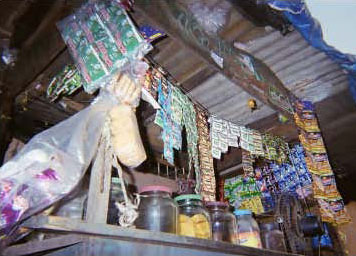 |


Children, disabilities and well-being: a preliminary research in India
By Alexandre Apsan Frediani (Development Planning Unit)
Feedback Report for £1,000 awarded to Alexandre Apsan Frediani (Bartlett: Development Planning Unit) and Jean Francoise Trani (Leonard Cheshire Disability & Inclusive Development Centre) under the Bridging the Gaps Open Programme.
From August 29 to September 14, Jean Francois Trani and I were in New Delhi where we coordinated a workshop together with the NGO Project WHY (which provides after-school classes to children from low income neighbourhoods and support for children with disabilities). The objective of the workshop was to run a preliminary research on the well-being of children involved in Project WHY with the aim to test a series of participatory research tools and identify areas for further research. Apart from the academic interest, we also hoped to contribute to the work of Project WHY.
We devised four activities to take place during the workshop (September 4-9): SWOT analysis with staff and managers of Project WHY; and photo exercise, card game and snake game with the children. Here are some reflections on the activities:
SWOT:
There were 3 sessions with teachers and managers of Project WHY, where a lot of progress was made on the communication among staff.
Photo Exercise:
We distributed disposable cameras to 26 children four days before the workshop and then we organised focus group activities to discuss about the pictures. The result was really interesting. Pictures investigated the personal and intimate world of the children. Within the groups, there were five special needs children who took fascinating pictures and participated extremely well in the discussions.



Card Game:
There were 35 cards devised from discussions with children, parents and teachers on aspects of children’s life, such as education, family life and leisure. Five group activities with the children were organized during the workshop to discuss about their interpretations of cards and relate them to their lives. They were also asked to elaborate on how Project Why affects them.
.jpg)
Snake Game:
The game consisted of drawing a snake in the floor with boxes. Children had to roll a big dice to jump in the boxes. Then they took a card, which could be a fun activity or a more serious question related five topics: gender, age, accessibility, work/money and aspirations. Questions and activities were elaborated together with teachers. The children had lots of fun, and difficult was to stop them from playing. Meanwhile, answers of serious questions were extremely sincere and personal.
On the one hand, the tools were effective in revealing impacts of Project WHY in the well-being of children. On the other hand, it was quite difficult to generate the theoretical discussions. Nevertheless, there were interesting reflections emerging from practice, and we identified areas that needed to be investigated further. It was a great experience which allowed us to refine well the tools and learn about the challenges and limitations of applying such methods. At the moment we are finalizing a research proposal on the role of community based organizations in supporting people with disabilities in squatter settlements in India, South Africa and Brazil.
Disclaimer | Accessibility | Privacy | Advanced Search | Help